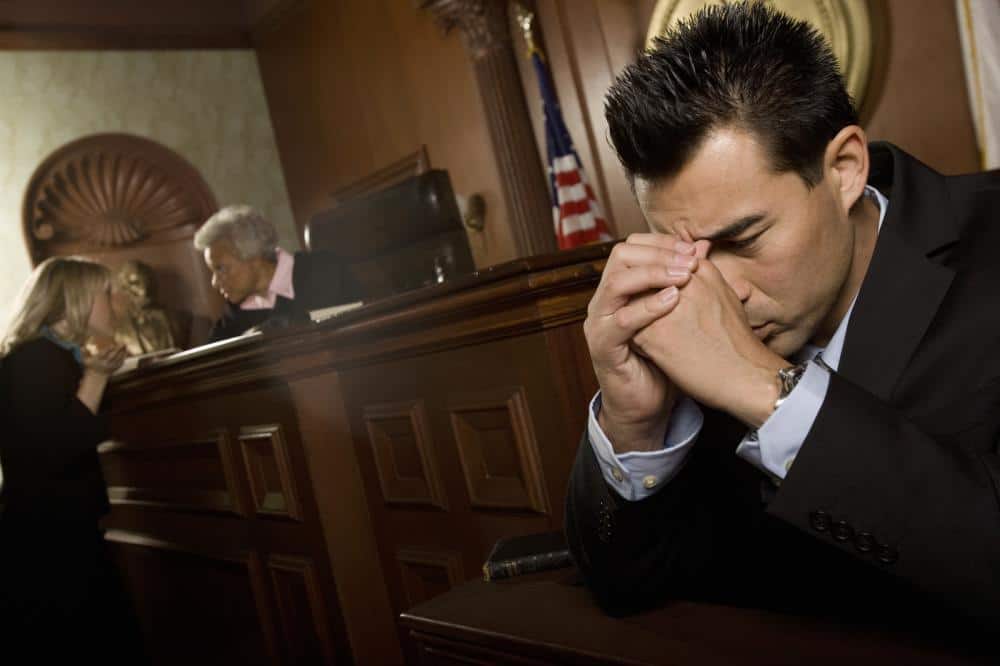A high-profile case of health insurance fraud and related charges just finished up in Florida, where the staff and co-founders of pleaded guilty last week to participating in a multimillion-dollar health care fraud scheme. Officials say that Angel’s Recovery engaged in money laundering, filing fraudulent health insurance claims and defrauded insurance companies.
Angel’s Recovery, licensed as a substance abuse treatment center, had multiple locations in Palm Beach County, Florida. Its stated purpose was providing services for people with substance abuse disorders, as well as giving medication-assisted treatment for those with an opioid use disorder.
In 2015, a state investigation revealed that the medical director for Angel’s Recovery was writing prescriptions on a suspended license. Not only was he illegally writing prescriptions, Dr. Kenneth Rivera-Kolb previously had two reprimands from the licensing board and was under investigation in the death of a patient when he became the medical director at Angel’s.
He had lost his medical license in February 2015 for medical malpractice after an investigation into the death of one of his patients. The former doctor continued to write prescriptions for clients at Angel’s anyway, all the way up to April. He allegedly wrote for Suboxone, a medication to assist in opioid treatment. He also wrote prescriptions for valium and Xanax. During this time, Department of Justice officials told the court, Rivera-Kolb was also “actively abusing prescription opioids and cocaine.” He eventually stepped down as medical director in 2015, and his license to practice medicine was revoked entirely in 2017. None of this investigation had any effect on Angel’s itself, and the treatment center continued to take patients.
Billing seemed to be the only business aspect of the recovery homes and treatment centers that Angel’s actually performed regularly. Insurance companies would get bills for drug tests, but it didn’t matter if the clients failed or passed. Treatment was mostly advice to attend 12 step meetings. The lack of structure often led to drops outs, and recruitment of new home members often took place at 12 step meetings as well.
In 2015, 23-year-old Katie Cruea arrived from Ohio to find a treatment center to get clean from her addiction. In October 2015, Cruea had moved into the Boynton Beach house known as No Drug Zone. Other residents say the house was littered with needles and other drug paraphernalia, but insurers were always billed for the stay. In early 2016, she died of an overdose of Fentanyl-laced cocaine.
Mikaya Feucht was one of the people brought to Angel’s Recovery’s No Drug Zone from a 12-step meeting. Because she had health insurance and needed a place to stay, she was a perfect mark for a sober home. The homes themselves were said to be squalid and in neighborhoods with high drug crime levels – especially dangerous to people with substance abuse disorders. Patients were often permitted to be high in group therapy – they got away with anything as long as the recovery center could bill insurance for it. One night in July 2016, Mikaya and her boyfriend were forced to leave due to a dispute with one of the staff at the home. They were dropped off at a local seedy motel known for heavy drug use. By the end of the month, Mikaya overdosed as well.
Other overdose deaths took place within other facilities right under the nose of supposed treatment professionals, and other members of the staff have pleaded guilty as well. NBC has a long investigative piece that goes into greater detail – it’s worth a read. Because of the extent of fraud taking place in the addiction treatment field in Florida, Palm Beach County now has a Sober Home Task Force to enforce the law, investigate fraud, and inspect facilities.



Leave A Comment